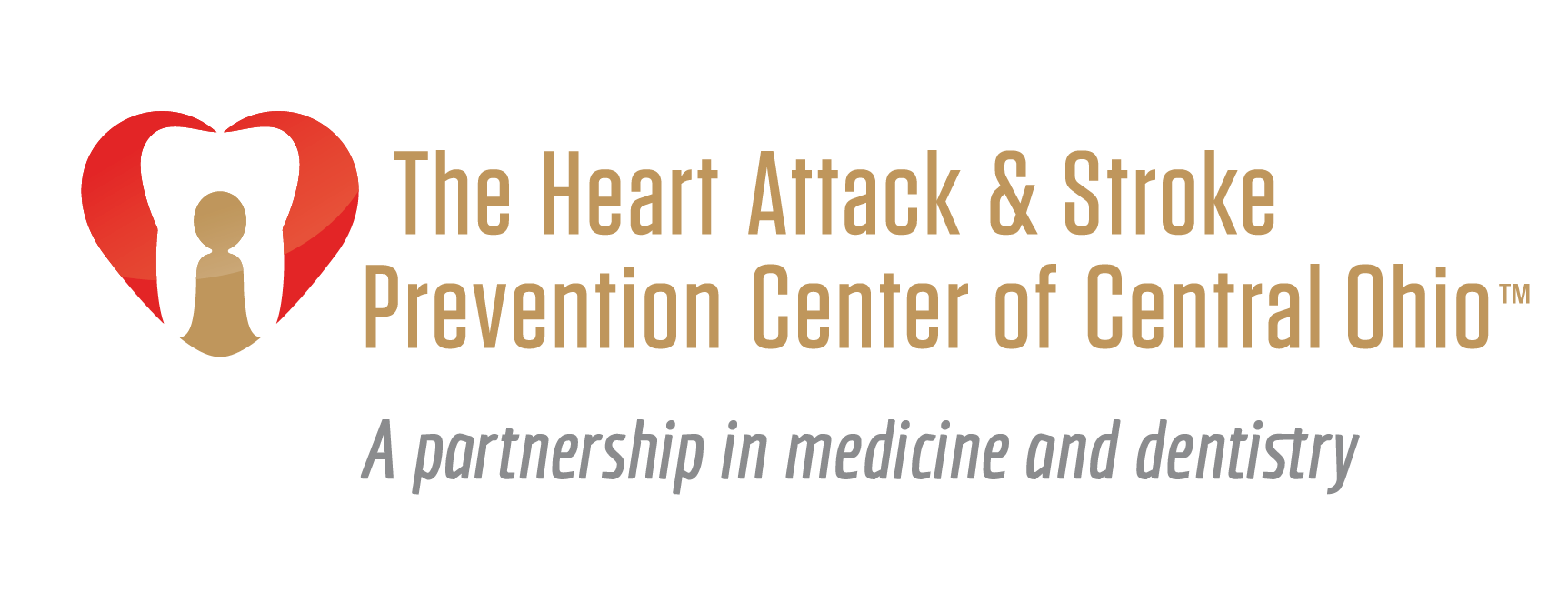Does Sleep Apnea Affect Your Heart?
- Eric Goulder, MD, FACC

- Mar 20, 2023
- 2 min read
Heart disease is the number one killer in the United States. Innumerable factors may increase your risk, including not getting high-quality sleep. March is Sleep Apnea Awareness Month.
Did you know that breathing disruptions while sleeping is closely linked to cardiovascular disease?
Sleep apnea can take 10-15 years off of your life, similar to cigarettes! More than 25 million adults in the United States are believed to have moderate to severe sleep apnea (OSA), which is an inflammatory process that in moderate form (meaning that while you sleep, you experience 15-30 episodes of breathing disruptions in an hour) is equivalent to smoking one pack of cigarettes a day on the cardiovascular system.
Therefore, it is important to understand the signs of this sleep disorder to reduce your risk of chronic inflammatory diseases.
What is Sleep Apnea?
Sleep apnea is a disorder that consists of breathing disruptions while sleeping. This condition has three types: central, obstructive, and complex. Obstructive sleep apnea is the most common. Some symptoms of this disorder include excessive sleepiness, snoring, irritability, daytime fatigue, weight gain, and more.
Who is at Risk?
Although there are some factors that can increase the risk of sleep apnea, anyone may be susceptible. Those who have symptoms of this sleep disorder are often asymptomatic or dismiss the signs; therefore, most people remain undiagnosed.
Age - Although sleep apnea can occur at any age, the risk increases as you get older.
Gender - Sleep apnea is more common in men than in women.
Genetics - This condition can be inherited.
Heart failure - This can result in fluid build-up in your neck, leading to a blockage in the upper airway.
Lifestyle factors - Smoking and drinking alcohol can increase the risk of sleep apnea. Smoking can cause inflammation in the upper airway, making it more difficult to breathe. On the other hand, alcohol can make the muscles of the mouth and throat relax, closing the airway.
Obesity - This is a common cause of sleep apnea, due to the increased adipose tissue in the neck that can block the airway.
How Can Sleep Apnea Affect Your Heart?
When the airflow is intercepted, the body releases stress hormones, known as adrenaline. High adrenaline levels can contribute to high blood pressure. Consequently, continuous increased blood pressure can lead to elevated LDL cholesterol (the bad type of cholesterol), placing the individual at a higher risk of a heart attack.
Obstructive sleep apnea increases the risk of heart failure by 140%, the risk of stroke by 60%, and the risk of coronary heart disease by 30% (Sleep Foundation, 2022).
Sleep apnea is linked to several other medical conditions and lifestyle risks, including:
Dementia
Heart disease and stroke
Atrial fibrillation
Type 2 diabetes
Hypertension
Weight gain
GERD or Heartburn
And much more!
Determine Your Risk for Sleep Apnea in Central Ohio Today!
At the HASPC of Central Ohio, our mission is to knock heart disease off of the top of the list as the number one killer. We offer advanced testing that is not traditionally offered by current standard-of-care medical practices, such as Carotid Intima-Media Thickness Test (CIMT), sleep apnea screenings, advanced genetic testing, and much more!
Contact our office today and ask about our sleep apnea screening at (614) 412-1157.




コメント